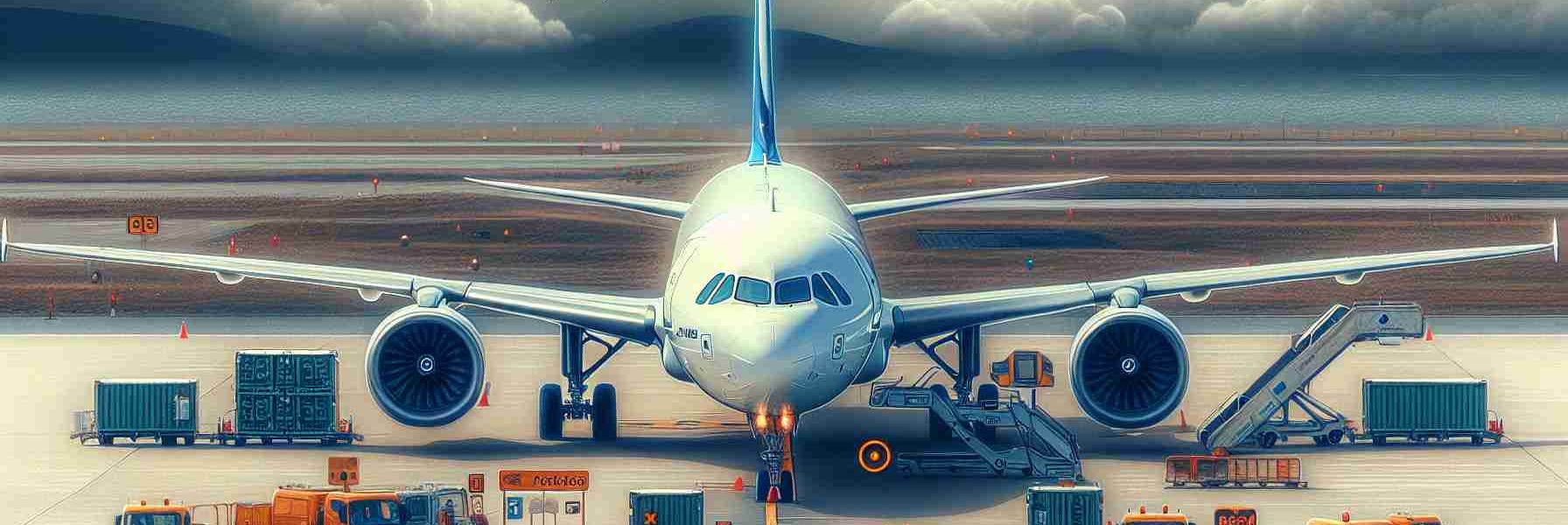In a recent development, a major airline has taken proactive measures, leading to a fleet inspection and grounding due to engine component issues. The flagship carrier of Hong Kong, known for its impeccable safety record, made the decision to ground its Airbus A350-1000 fleet for thorough inspections following the discovery of faulty engine components on a significant number of aircraft.
Reports indicate that during a recent flight from Hong Kong to Zurich, a component malfunction in one of the Rolls-Royce Trent XWB-97 engines prompted the plane to return to its departure airport. Although the aircraft landed safely, the incident has raised concerns within the aviation community.
While details about the specific component failure remain undisclosed, industry experts are closely monitoring the situation to ensure the safety and reliability of these long-range Airbus aircraft. With passenger safety as a top priority, airlines are taking proactive measures to address any potential issues that may arise.
This incident underscores the importance of rigorous maintenance and inspection protocols in the aviation industry, highlighting the complexities and challenges of ensuring the seamless operation of modern aircraft. As the investigation unfolds, stakeholders are working together to address any underlying concerns and uphold the highest standards of safety and quality in air travel.
Airbus Enhances Safety Measures in Response to Industry Challenges
In the wake of recent safety concerns, Airbus has taken a proactive stance to reinforce its commitment to safety in the aviation sector. The company’s response comes amidst growing challenges facing the industry, particularly in ensuring the reliability and security of its aircraft fleet.
Key Questions:
1. What specific steps has Airbus taken to address safety concerns in light of recent incidents?
2. How do industry stakeholders collaborate to maintain safety standards across the aviation sector?
3. What are the key challenges and controversies associated with ensuring the safety of modern aircraft?
Additional Facts:
Amid the ongoing safety stand initiated by Airbus, it has become apparent that the aviation industry faces the challenge of balancing operational efficiency with the rigorous safety standards necessary to safeguard passengers and crew. The incident involving the Rolls-Royce Trent XWB-97 engine has underscored the importance of thorough maintenance practices and stringent inspection protocols to prevent potential system failures in commercial aircraft.
Moreover, Airbus has intensified its efforts to collaborate with regulatory authorities and airlines to address any underlying concerns related to the safety and performance of its aircraft models. The company is investing significant resources in enhancing training programs for maintenance personnel and improving communication channels to ensure timely and effective responses to safety-related issues.
Advantages:
– Heightened safety measures can instill confidence among passengers and industry stakeholders.
– Proactive approaches to maintenance and inspection can help detect and prevent potential issues before they escalate.
Disadvantages:
– Grounding fleets for inspections can lead to disruptions in flight schedules and financial losses for airlines.
– Striking a balance between operational efficiency and safety compliance poses a significant challenge for the aviation industry.
For more information on Airbus safety protocols and industry updates, visit Airbus official website.




